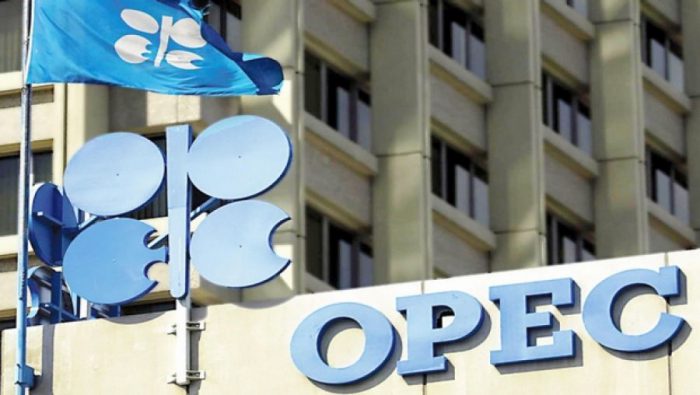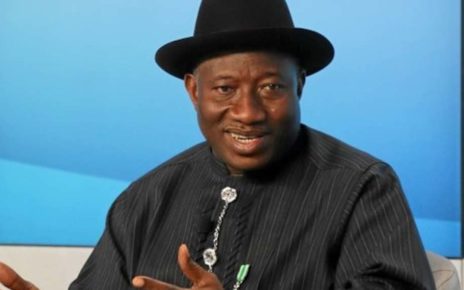Oil Price – Saudi Arabia and Russia Thursday ended their oil war that has shaken the global oil markets and negatively affected many oil-reliant economies, including Nigeria.
The world’s two largest oil exporters came to a resolution at an expanded Organisation of Petroleum Exporting Countries (OPEC) emergency meeting which was held through a video conference.
Both countries have agreed to slash crude oil output, a move which is expected to boost oil prices.
According to Bloomberg, OPEC and its allies agreed to cut production by about 10 million barrels per day in May and June.
The two biggest producers in the group will each reduce their daily oil output by about 5.5 million barrels with all members agreeing to cut supply by 23 per cent, delegates at the meeting told Bloomberg, asking not to be named.
Earlier last month, to reduce the impact of the coronavirus pandemic on the global oil market, members of OPEC had agreed to cut crude oil production by a combined volume of about 1.5 million barrels per day, to stop further reduction in international oil price.
READ ALSO: Mahmood Ahmadu’s Innovate 1 Pay Features On The Front Cover Of The Financial Times
OPEC said the burden of the cut would be shared with non-OPEC allies, led by Russia.
However, Moscow rejected the plan and said countries were free to export as much oil as they could from March ending when the current deal ended.
Saudi Arabia responded aggressively by increasing its output to 12.3 million barrels a day, more than 25 per cent higher than the previous month’s production, a move Russia also followed.
Since then, Brent crude price has fallen, to as low as $22 per barrel, the lowest in close to two decades, before rising steadily to about $30.
Nigeria having earmarked its crude oil benchmark at $57 had to slash its crude oil benchmark price, down to $30, while crude oil production remains at 2.18 million barrels per day as earlier contained in the budget estimates.
Because of the oil price decline, Nigeria has also slashed its 2020 budget by over N320 billion and proposed a new budget of N10.27 trillion against the N10.59 trillion passed by the national assembly.




